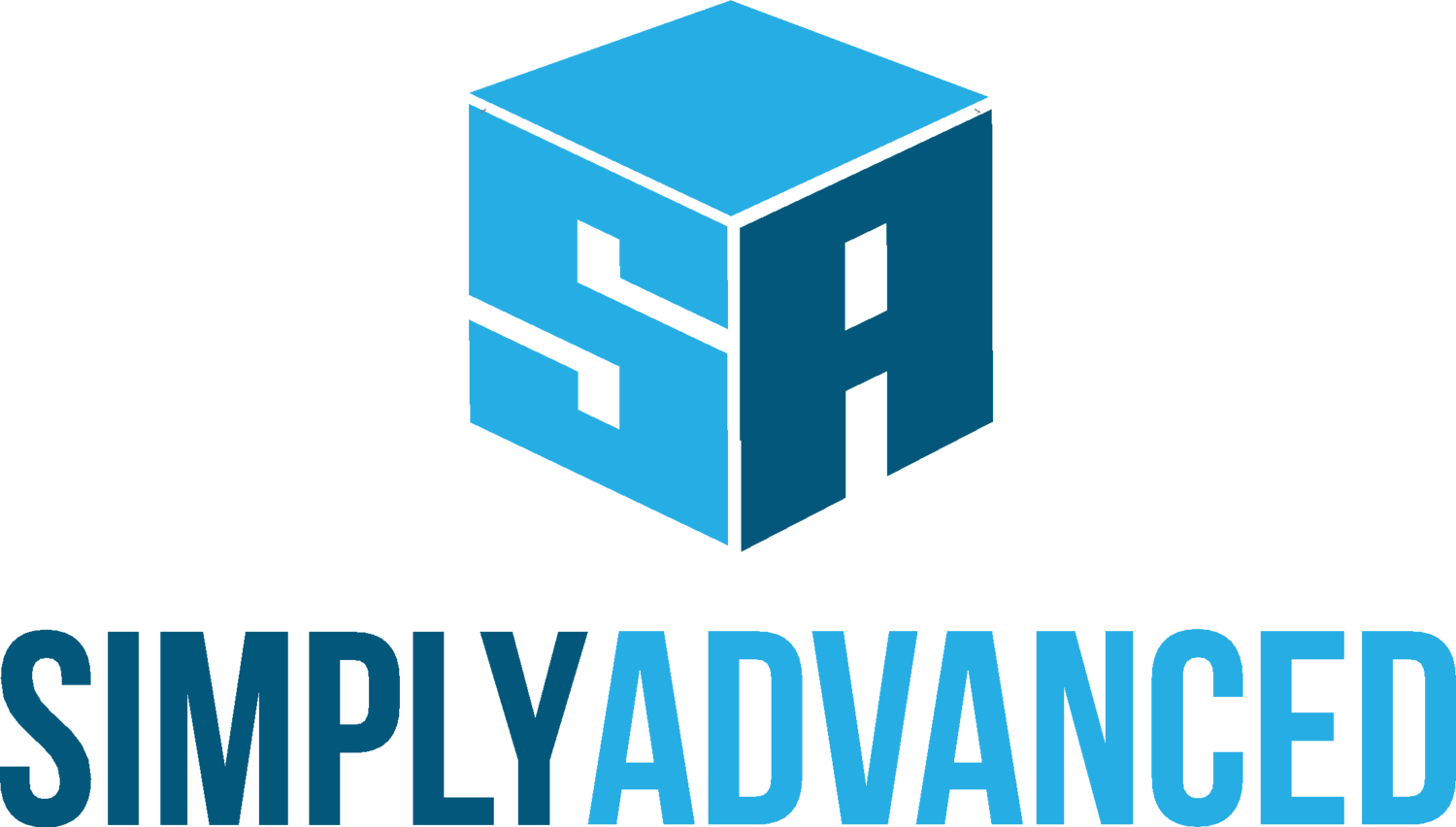Emotional Intelligence
/Unlock the Power of Your Emotions for Personal and Professional Success
I find it interesting to observe and understand these things called EMOTIONS. As a practitioner of Emotional Intelligence I have spent years learning, understanding, and teaching the fundamentals of Emotional Intelligence and how it can assist or hinder our personal and professional relationships. Often, I’m asked, “what is the difference between our I.Q. (Intelligence Quotient) and our E.Q. (Emotional Quotient)?” I.Q. is a measure of a person’s reasoning ability and can be measured by taking an I.Q. test which is supposed to gauge how well someone can use information and logic to answer questions or make predictions. E.Q., also known as Emotional Intelligence, or E.I., is our ability to understand, use and manage our own emotions in positive ways to relieve stress, communicate effectively, demonstrate empathy with others, overcome challenges and defuse conflict.
There have been numerous studies done on I.Q. and E.I. and both hold value, however the research time and time again shows that having a high Emotional Intelligence is a good predictor of success in many areas of our lives. So, what are some of the areas of E.I. that we should be aware of so we can become better personally and professionally?
- Empathy - the ability to empathize with others is a very important part of a person’s Emotional Intelligence. Meaning you can appreciate someone else’s feelings, and you empathize from a place of listening curiously as opposed to judging.
- Self-awareness - our ability to understand our own strengths and limitations as well as sense and understand others contributes to a higher E.I.- Stress management - often one of the most difficult aspects of our work and personal lives. To manage and understand stress we need to embrace flexibility and optimism, meaning that we can adapt to unpredictable circumstances. We can also view problems as a learning opportunity during times of stress and high emotions.
The great thing about our Emotional Intelligence is that it can be developed and improved at any time in our lives. Becoming Emotionally Intelligent is viewed as a core competency and part of a skill set that allows us to build more confidence, self-esteem and ultimately foster stronger positive relationships.
Curious to learn more about yourself and how to increase your Emotional Intelligence? Reach out and get a conversation started, we’re here to help!






